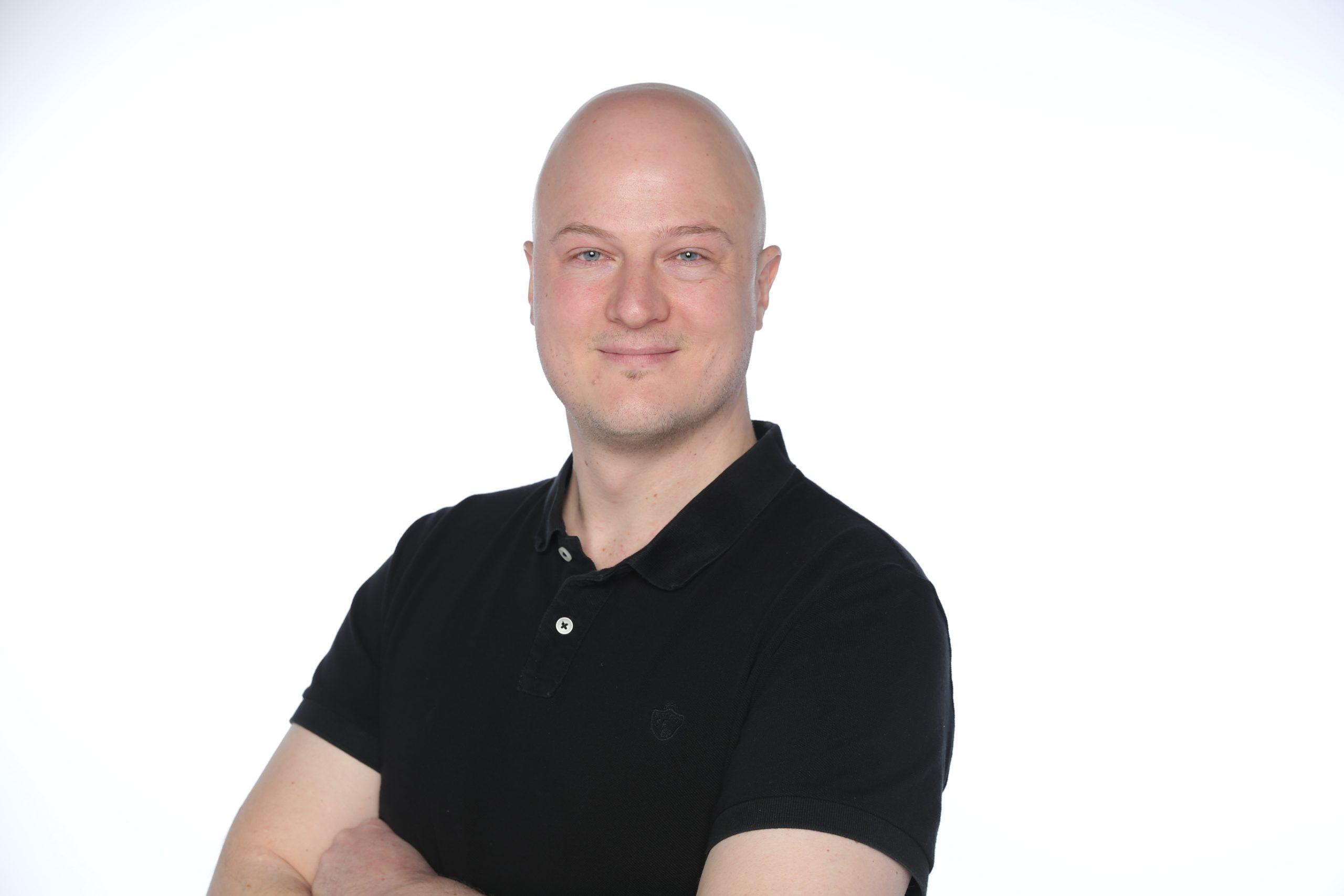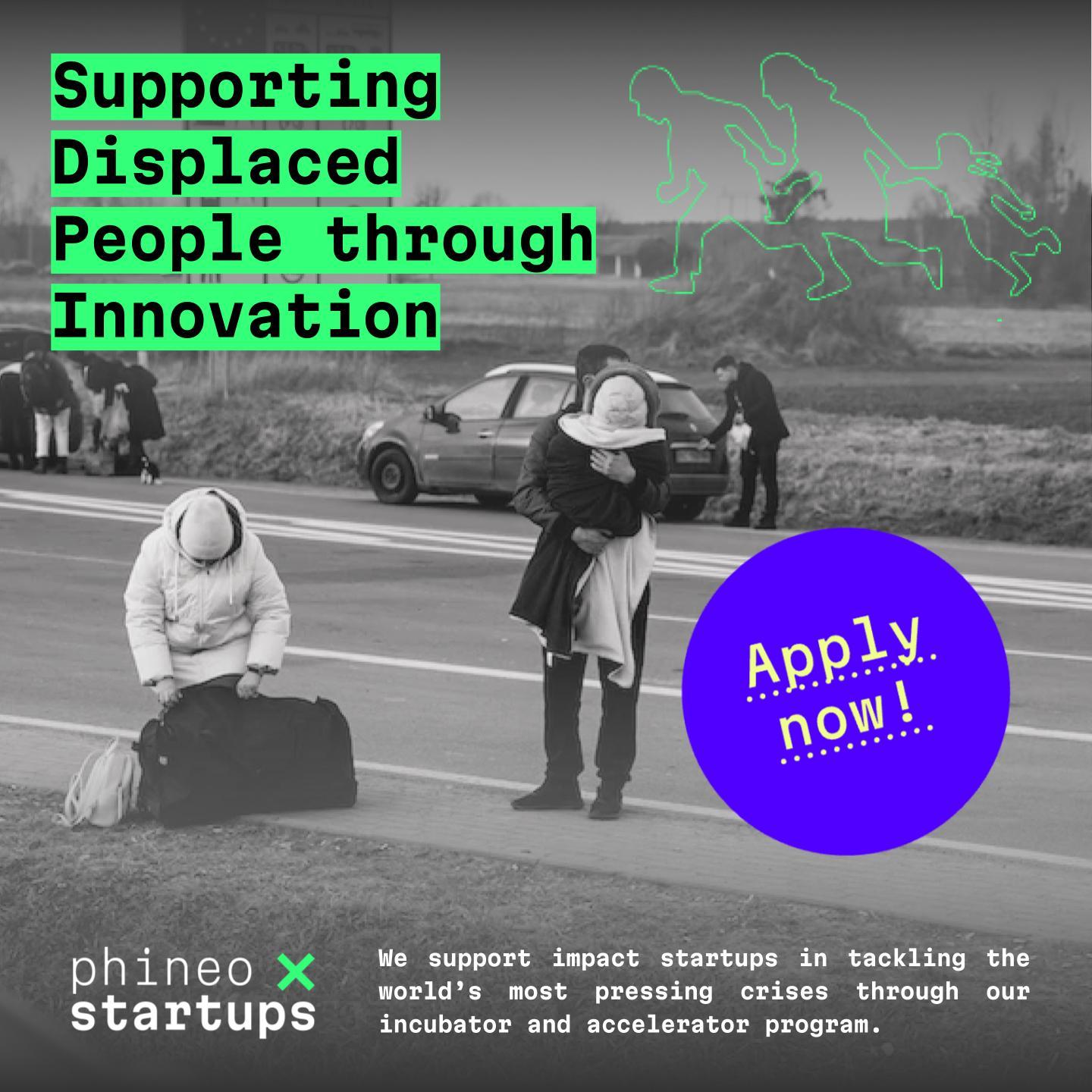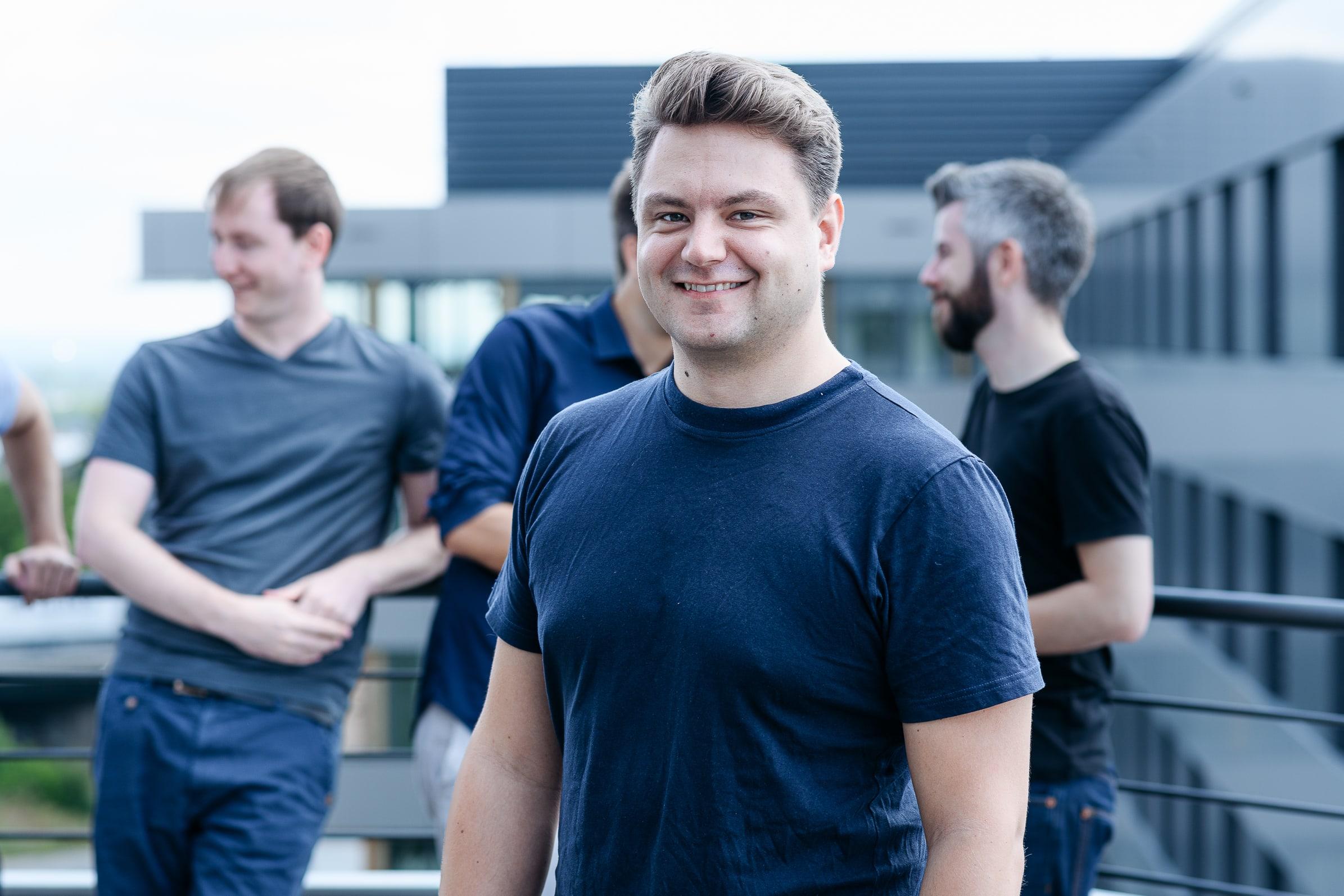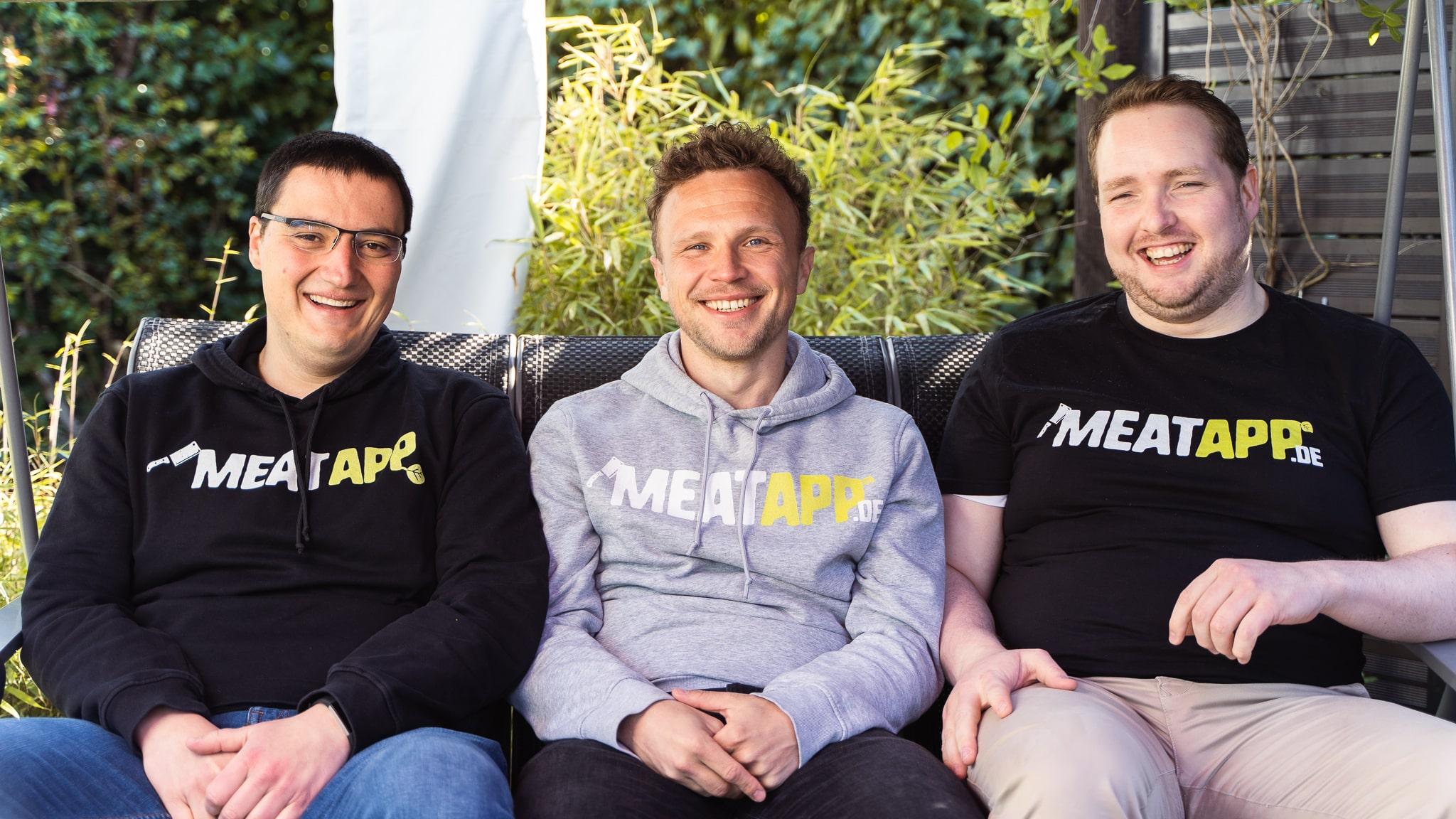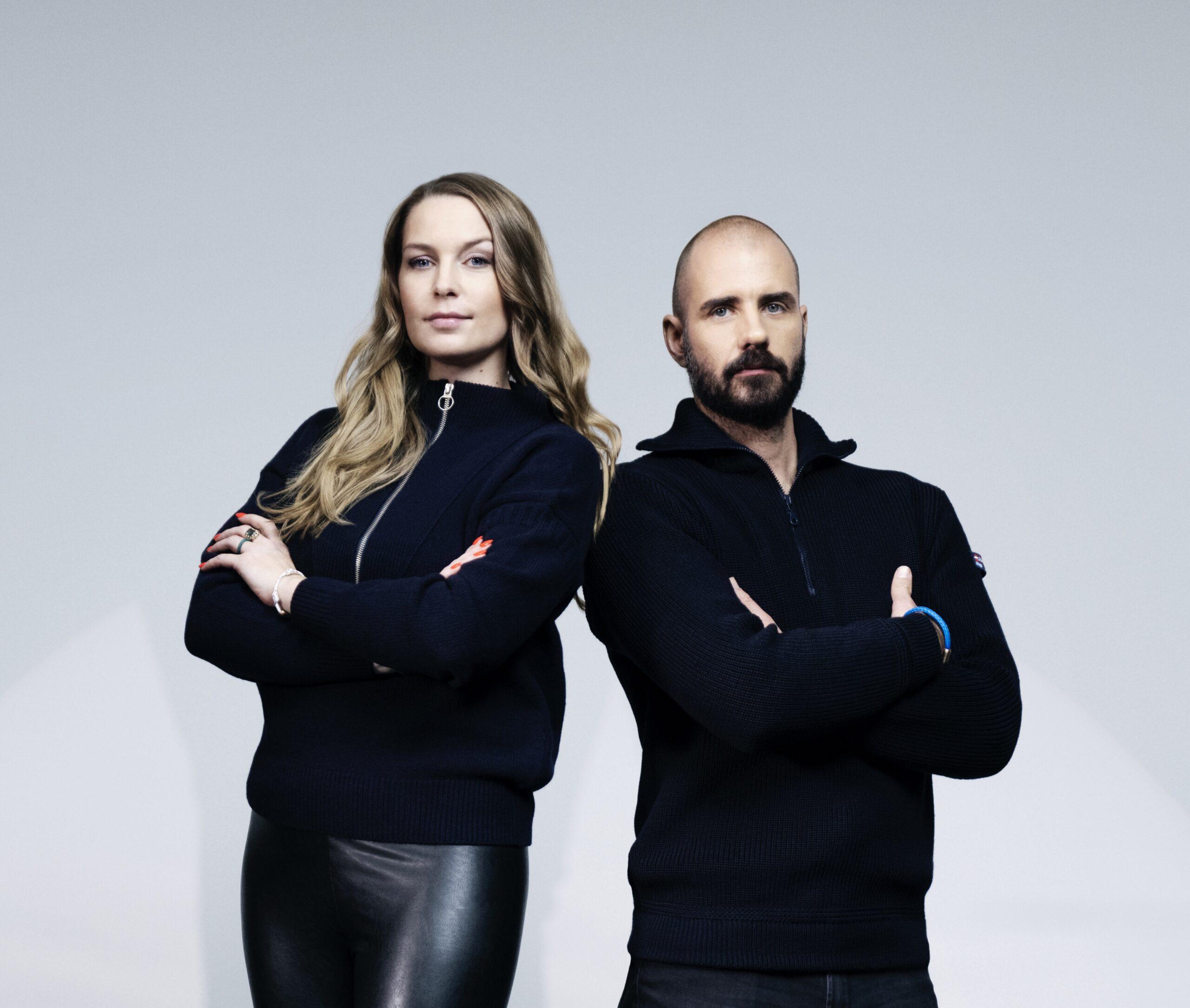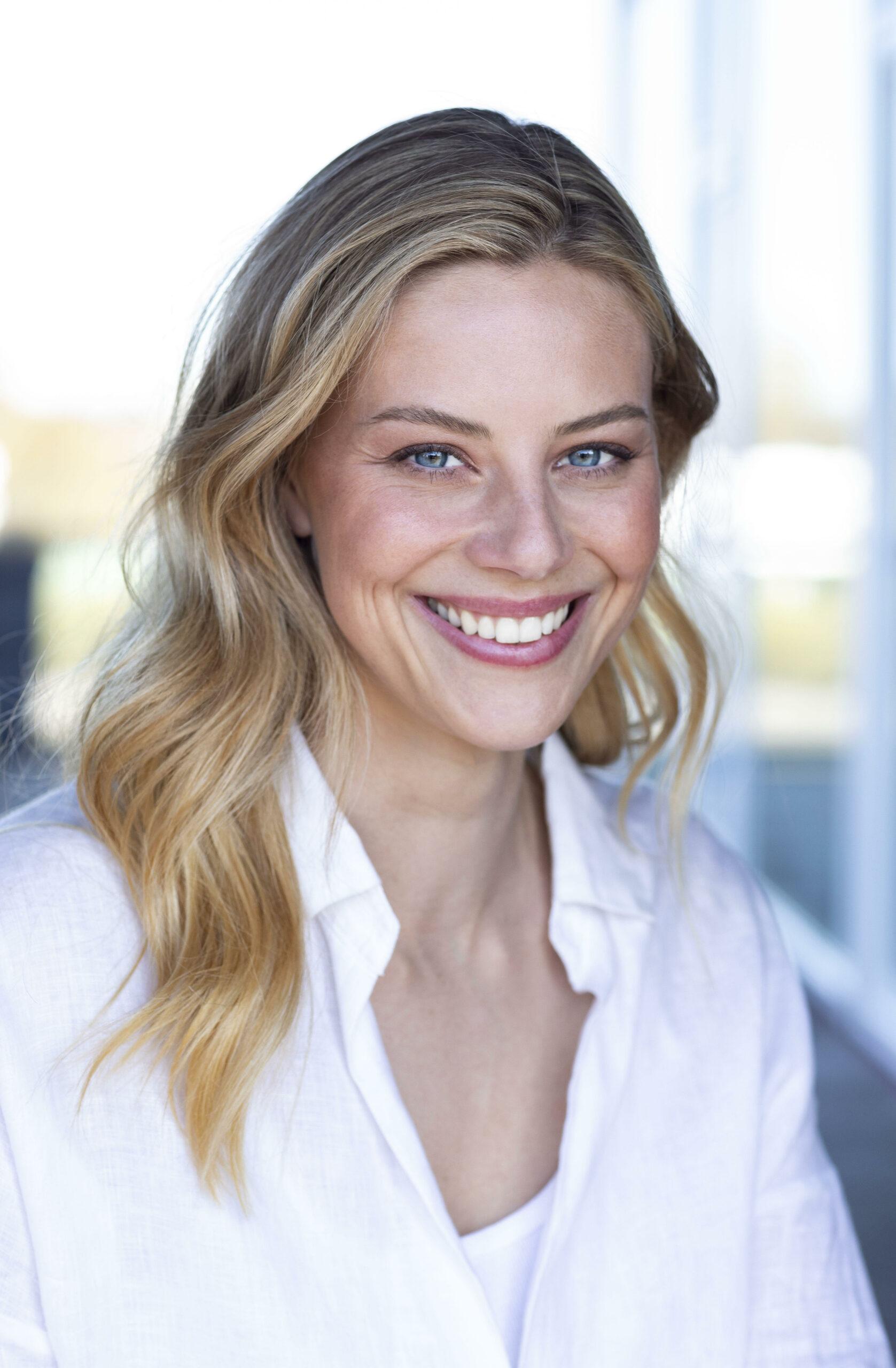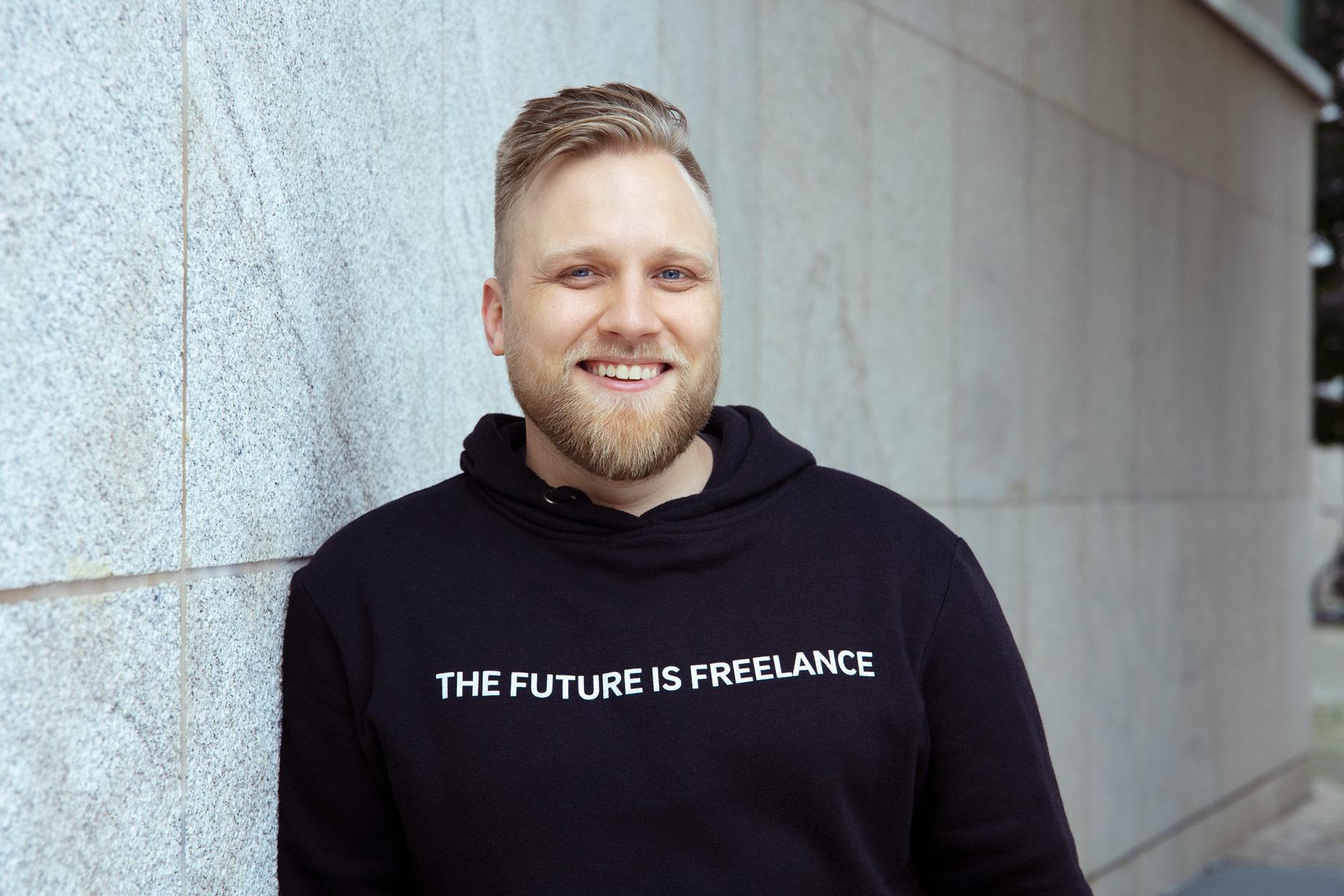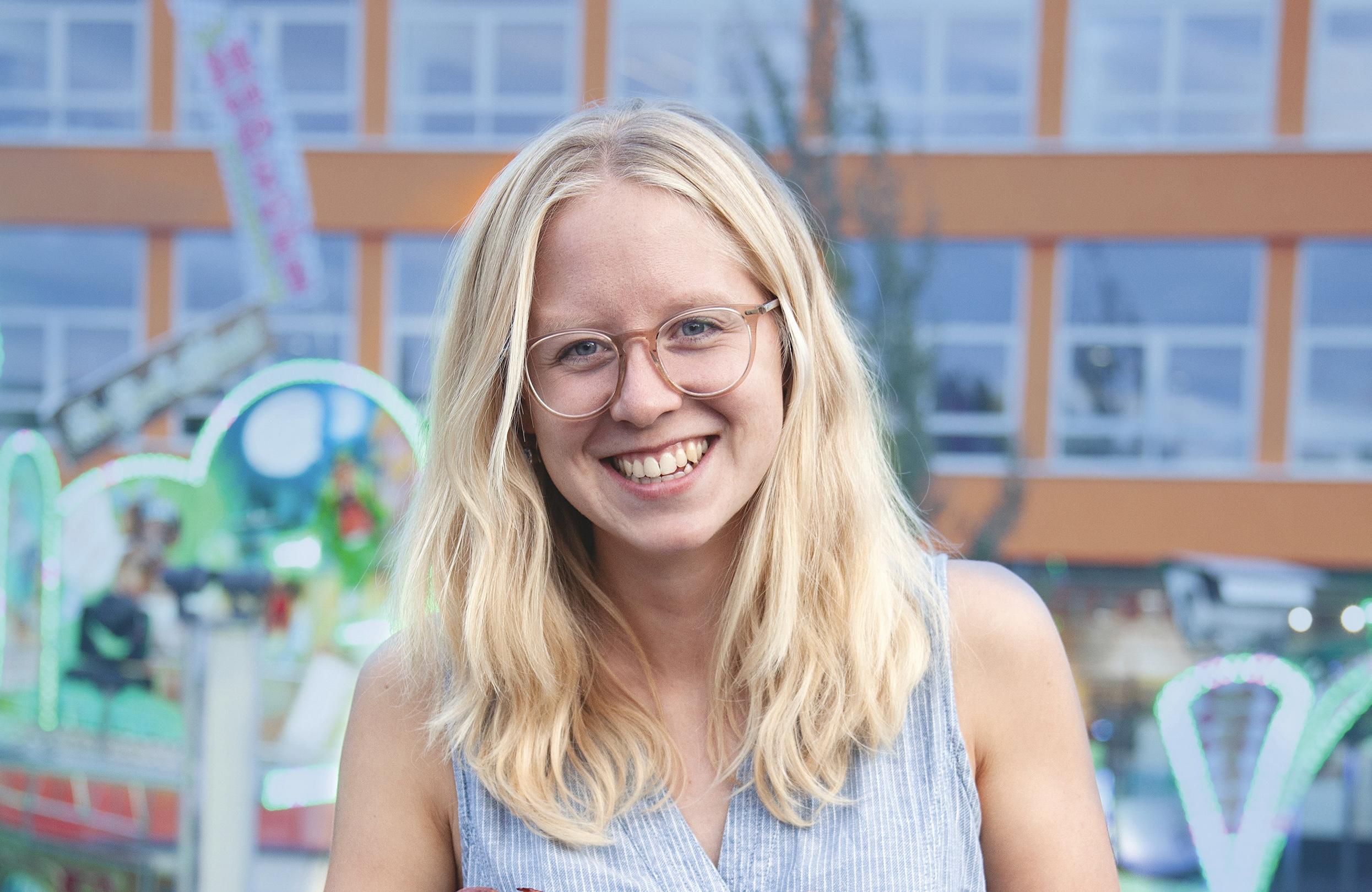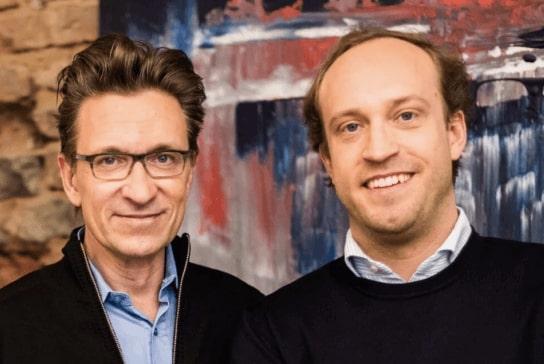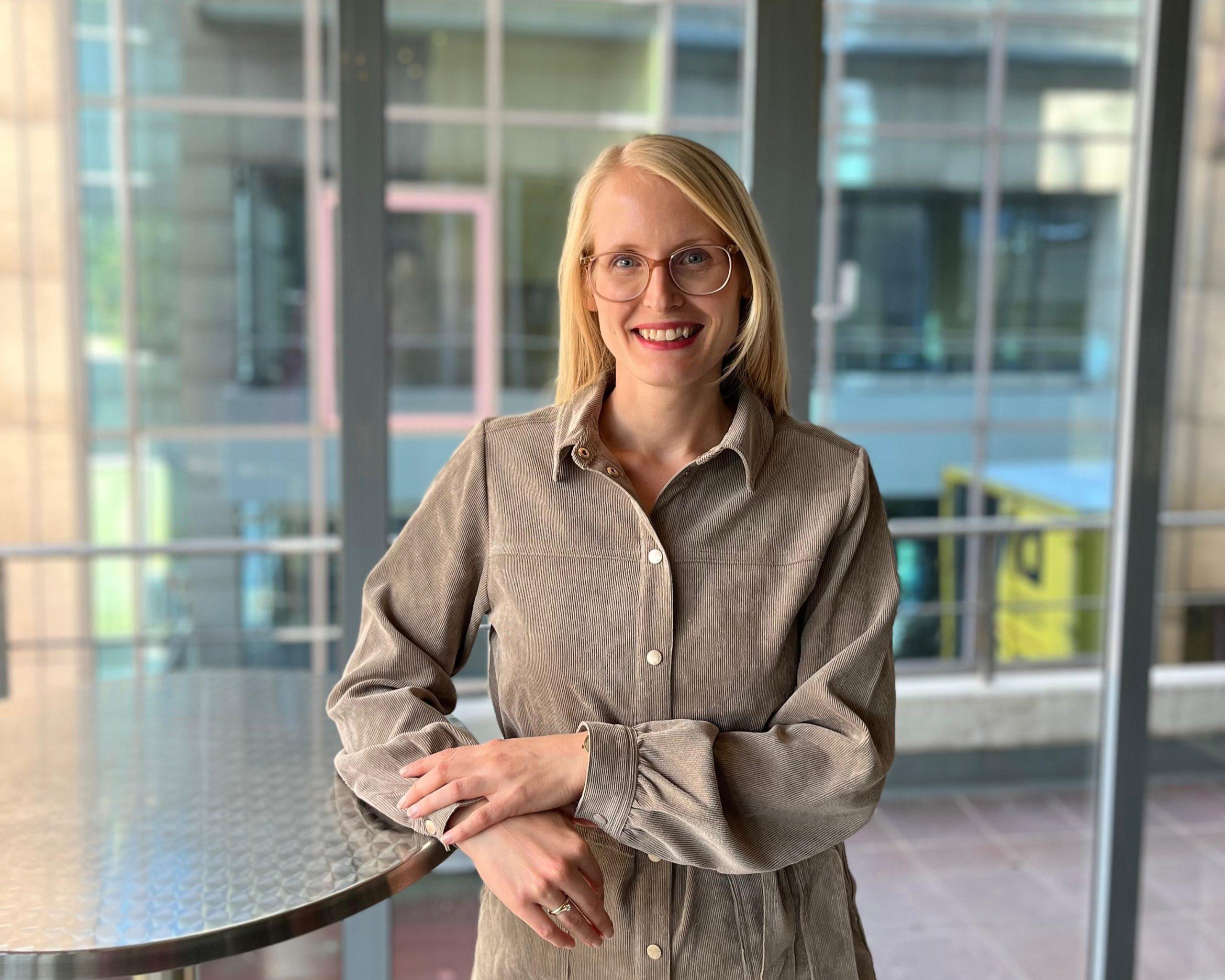"We don't want an exit, we want impact"
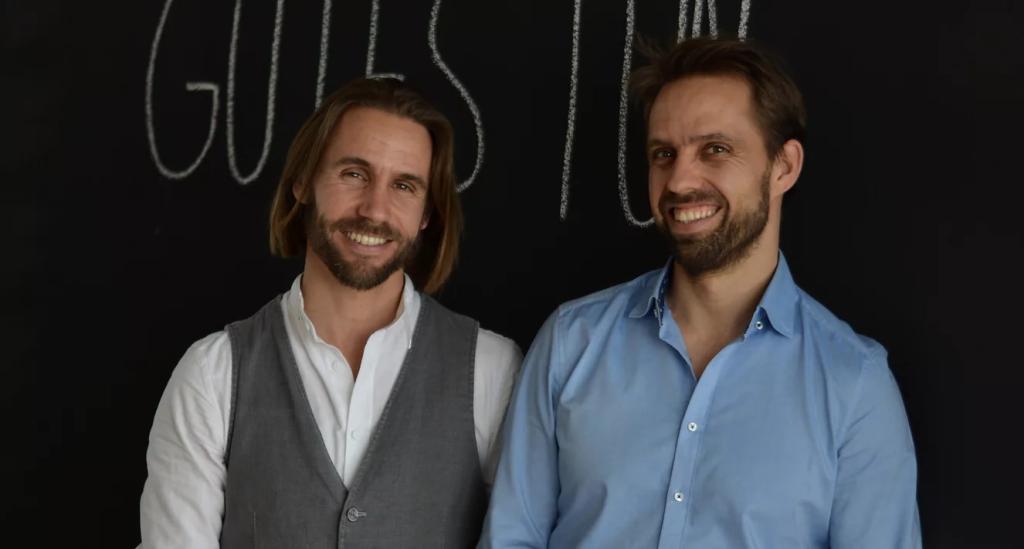
Bean United not only wants to offer high-quality coffee, it also wants to make the world a better place. Founder Thomas Greulich explains in an interview how this is to be achieved.
Selling fair coffee and donating money is not enough for the brothers and founders of Bean United, Thomas and Philipp Greulich. They want to do more and get involved in local projects. With their start-up, they support educational projects to give people the chance of a self-determined life.
Why did you found your start-up?
Greulich: We wanted to combine entrepreneurship with social impact. That's why we wanted to found a start-up that is based on a social purpose and can create an impact through an everyday product. Our start-up is based on a "1-to-1 approach", meaning that every kilogram of coffee sold creates a social impact that is directly demonstrated to the customer.
How do you select the sustainable projects that you support?
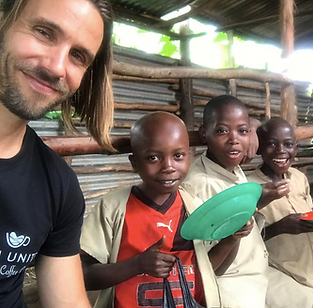
Greulich: We do a lot of research in advance. We are currently active in Burundi, which took us six months to research. We don't just want to transfer money, we want to talk to the local people in person. We also need the opportunity to create emotional content on the ground. To do this, we look at what NGOs are actually doing there. In Burundi, for example, we work together with Welthungerhilfe and provide a warm lunch for the children. A social contribution of 2.50 euros per kilo of coffee from corporate customers enables us to finance ten meals. This means that a child can receive a warm and nutritious meal for two weeks. Since the start of the project, we have provided 885,000 school meals.
What can you tell us about your collaboration with the Redi School?
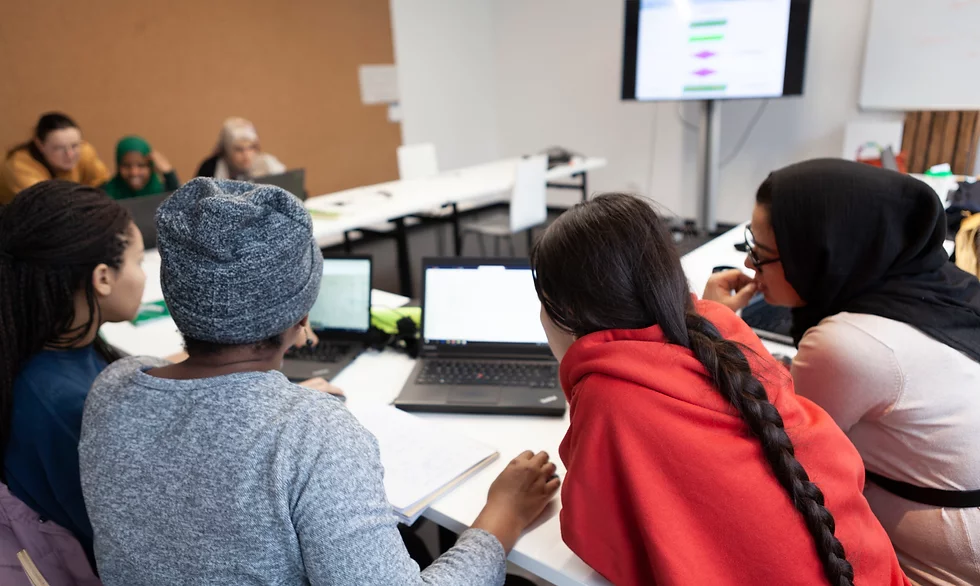
Greulich: Over the years, many corporate customers have asked us whether it would also be possible to create a social impact in Germany. We were looking for a project that was designed for the long term and that we thought made sense. We want to help people sustainably and give them opportunities. We see a large part of this in education. With a good education, you have the opportunity to create a better future for yourself. In Germany, we have a large number of refugees who would like to work but are not sufficiently qualified for the vacancies. There is also a shortage of IT specialists in this country. This is exactly where the Redi School comes in. Here, women with a migrant or refugee background can learn digital skills in one year. For 2,500 euros per year, we can offer a woman this opportunity and make her fit for the job market. This is possible with an annual coffee consumption of one ton.
Can your customers decide for themselves whether they would rather support the project in Burundi or the Redi School?
Greulich: Our main project in Burundi is supported by our private customers, who can also find background information about Burundi on the packaging. Larger customers can choose whether they want to support Burundi or the Redi School with their purchase. In the future, we plan to offer this choice to both private and corporate customers in the online store.
You claim to be a company that supports the common good. What exactly does that mean?
Greulich: Basically, there is a questionnaire with 80 to 100 questions in various categories such as supplier relations, employee relations and flexibility. The questions score different amounts of points. At the end, you get a balance sheet and a score, which is used to measure sustainability and fairness. Companies can then use these scores to identify potential for improvement. There is a new survey every two years. For us, it is a good basis on which to analyze our status quo and define new goals
You give part of your turnover to projects such as Burundi, but still want to sell the coffee at market prices. Why don't you make it more expensive?
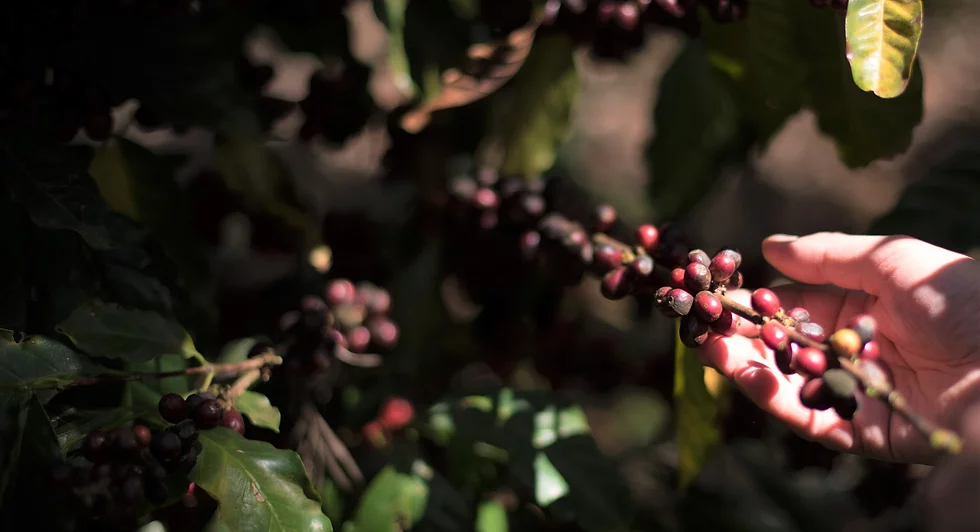
Greulich: We have to find a price that is both attractive to customers and still does good. For the private customer segment, we have based our prices on those of the coffee roasters and are sometimes even lower. In the B2B segment, prices depend on volume and here we still have a lower margin of perhaps two to three euros per kilo. According to our approach, the coffee farmers receive a fair price, well above the Fairtrade prices, and we or the consumers receive a correspondingly good quality in return.
Does the business model work so that you can finance yourselves? The coffee you buy already costs you €5 per kilo.
Greulich: My brother and I share the company 50 percent. We are currently investing a lot so that we can take on new employees and do more marketing. We need more attention. We are currently putting in more than we get out, but we see it as pre-financing for our brand development. So far, we have been able to survive by bootstrapping, but staying power is very important when you are not working with investors.
So you are more interested in achieving something in a philanthropic sense than building a profitable company?
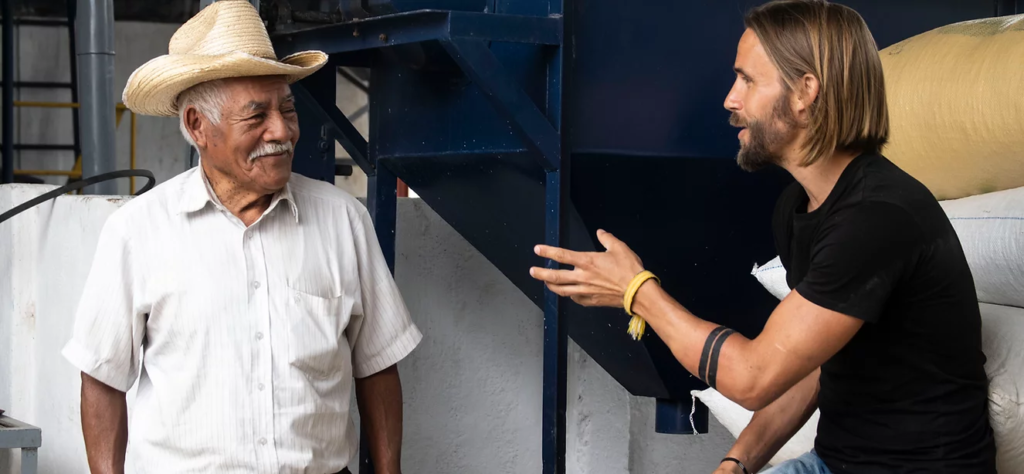
Greulich: Bean United is about creating the maximum possible social impact through a social business model and as a social enterprise. As we are not a charity or NGO and operate without philosophical donors or investors, our existence and success depend 100% on the profitability of the company. Bean United has been profitable from the start, which of course initially involved bootstrapping. After two difficult years of the pandemic, a major growth step is planned for 2022/23 through investments in new staff and resources. In addition, the biggest annual goal for 2022 is to have provided the 1 millionth school meal in Burundi.
Where do you want to be with Bean United in three years' time?
Greulich: We want to establish the impact product "social coffee" in three years so that everyone knows it and Bean United is socially acceptable, both in the key account and private customer segments. We want to double our impact every year, so that in three years we will have 100 tons of coffee and be able to finance a quarter of a million in impact. We currently employ 15 people, mainly in our café in Munich. We want to expand our core team there too. Another idea is to hire people locally in the cultivation and project areas.
What was your biggest challenge when setting up the company?
Greulich: Price sensitivity is a challenge, as many business customers are used to very low coffee prices. We meet this challenge with a great mission, a value-based quality product and innovative extras, such as our popular "Impact Certificate", which accurately reflects the social contribution of the respective customer in the number of school meals financed and enables them to share it.
About the person:
Thomas Greulich founded the social impact start-up "Bean United" together with his brother Philipp in 2018. Both brothers started their careers at Red Bull and are realizing a dream with their own company.

Newsletter
Startups, stories and stats from the German startup ecosystem straight to your inbox. Subscribe with 2 clicks. Noice.
LinkedIn ConnectFYI: English edition available
Hello my friend, have you been stranded on the German edition of Startbase? At least your browser tells us, that you do not speak German - so maybe you would like to switch to the English edition instead?
FYI: Deutsche Edition verfügbar
Hallo mein Freund, du befindest dich auf der Englischen Edition der Startbase und laut deinem Browser sprichst du eigentlich auch Deutsch. Magst du die Sprache wechseln?



